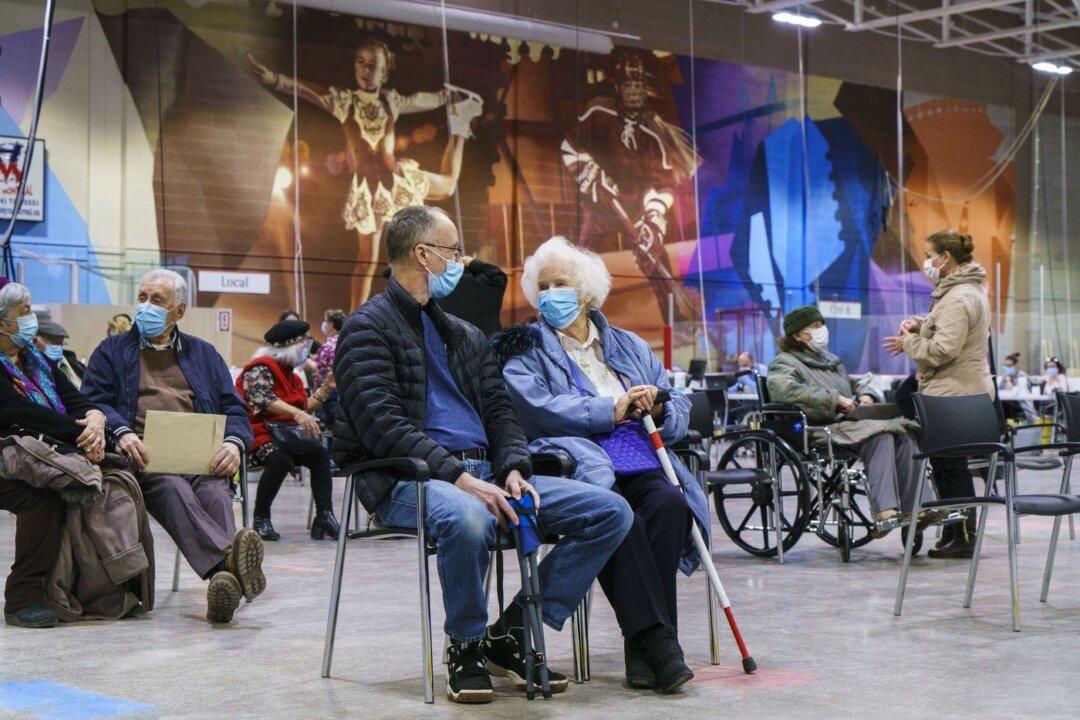As cases of COVID-19 continue to rise in Quebec, the province will spent $1.36 billion over five years to upgrade temporary vaccination centres set up during the pandemic and make them permanent, with some 100 centres with upgraded testing capabilities to be ready by October.
Quebec Health Minister Christian Dubé announced Sept. 8 that the centres will be offering more services, including blood, urine, stool, and infection tests. They will be in addition to the 160 existing sample collection centres.





